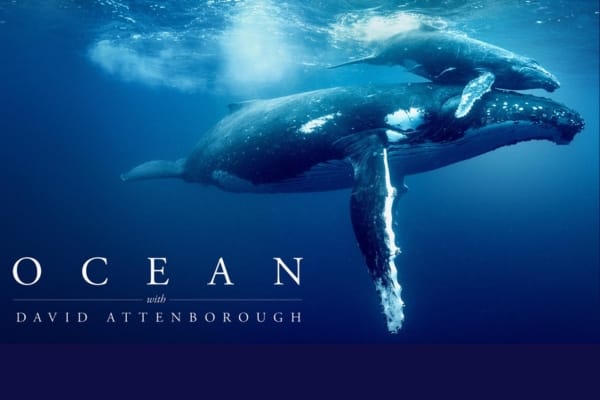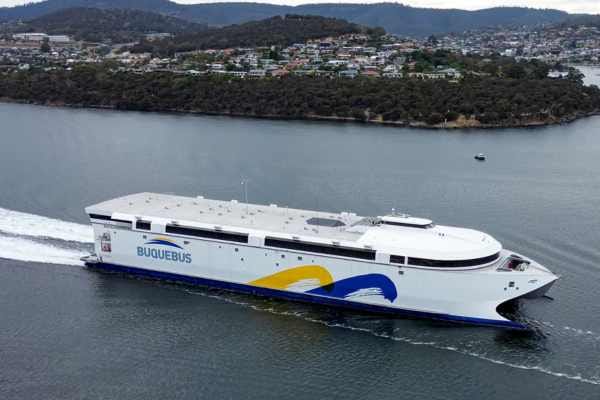Ocean’s revival within reach
David Attenborough’s Ocean, which made its small screen debut last week, reveals a hidden crisis unfolding beneath the waves.

Timed with World Oceans Day, Ocean with David Attenborough premiered last week on Australian TV screens via Disney+ and National Geographic.
Originally released in cinemas to mark Sir David Attenborough’s 99th birthday on May 8, the film has sparked global conversation – not just for its stunning imagery, but for the urgent message it carries.
One of these includes a candid and sobering conversation between Attenborough and Prince William released across the Prince of Wales' social media platforms to mark World Oceans Day on June 8.
Like the film, the interview dives into today’s most pressing marine threats – with bottom trawling emerging as one of the most destructive.
Bottom trawling exposed
Usually known for his gentle narration and reverence for the natural world, Attenborough doesn’t shy away in the interview, calling the destruction caused by bottom trawling “unspeakably awful” and “appalling".
Attenborough also flags in his conversation with Prince William that much of the destruction remains hidden from view – and, as a result, escapes public scrutiny.
“What we have done to the deep ocean floor is just unspeakably awful,” he told the Prince. “If there was anything remotely like it on land, everybody would be up in arms.”
Footage from Ocean shows vivid reefs and thriving ecosystems giving way to lifeless, greyed-out ocean floors, scarred by trawl nets that drag indiscriminately across the seabed.
In the film, Attenborough calls it “perhaps the most wasteful way to catch fish,” a practice that leaves behind shattered corals, debris, and devastated marine life.
Unlike midwater trawling, which has minimal impact, bottom trawling has a devastating effect on sensitive habitats including sponges, corals, and seagrass beds.
In Ocean, Attenborough draws a direct line between destructive fishing practices and global inequality, calling it “modern colonialism at sea”.
“Three billion people rely on our ocean for food. But ships sent by a few wealthy nations are starving coastal communities of the food source they have relied on for millennia,” he says.
“The idea of bulldozing through a pristine rainforest causes outrage, yet we do the equivalent underwater thousands of times every day.”
“The ocean can recover faster than we had ever thought possible. It can bounce back to life. For if left alone, it may not just recover, but thrive beyond anything anyone alive has ever seen.”
Hope on the horizon
Despite this, Ocean is not a film of despair. Attenborough recalls the rebound of whale populations after commercial whaling was banned – a comeback once thought impossible.
“A blue whale born today could live for over 100 years if we apply the same foresight to save her home as we once did to save her species.”
The film showcases other real-world examples where ocean protection has worked, such as no-fish zones which have revived biodiversity and supported coastal livelihoods.
“The ocean can recover faster than we had ever thought possible. It can bounce back to life,” Attenborough says. “For if left alone, it may not just recover, but thrive beyond anything anyone alive has ever seen.”
The 30x30 pledge
Even more hopeful is a global movement to protect 30 per cent of the global ocean by 2030 – known as the "30x30" target, and Attenborough believes it’s a vital step.
“This could be the moment of change. Nearly every country on earth has just agreed on paper to achieve this bare minimum and fully protect a third of the ocean,” he says. “Together we now face the challenge of making it happen.”
Though voluntary, the commitment was established at the 2022 UN Oceans Conference and is expected to be a major focus of this year’s follow-up event.
“If this film does anything, if it just shifts a bit of awareness, it would be very, very important,” Attenborough told Prince William.
“I can only hope that people who see it will recognise something must be done before we destroy this great treasure.”





